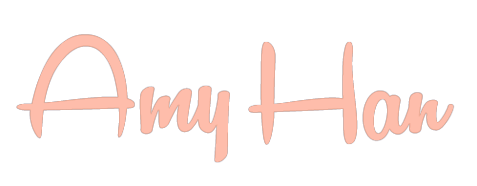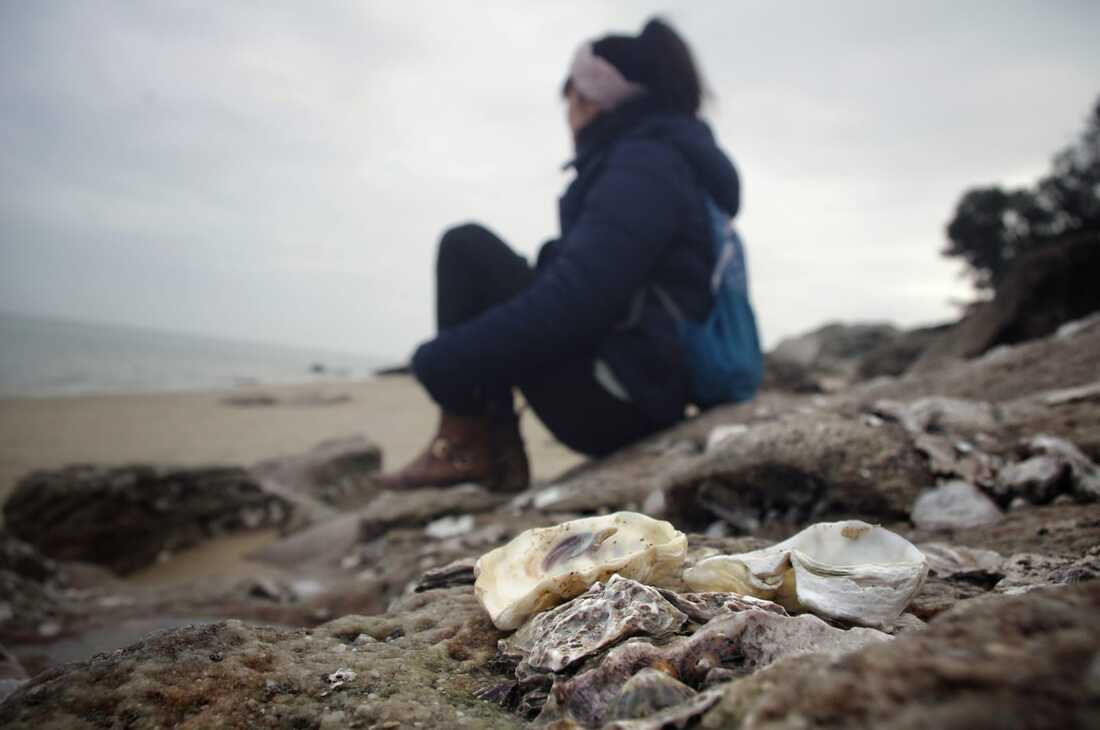|
A few days into the new year, I found myself on a sandy, rocky beach. The familiar smells of salt and shellfish filled my nostrils; the sea breeze blasted into my lungs. It was quiet. The sky was blue. It could have been any old January of my life in Australia. Except that I was half a world away, in Noirmoutier, France. Instead of lazing on a beach towel, I sat huddled on a rock in close to zero degrees. I’d read so many reflections and resolutions on social media. Lists of things to be grateful for despite the year we’d all been through. Maybe it was because I’d read so many (searching for one that resonated with me, perhaps), maybe it was because of my state of mind at the time, but they felt strained, somehow. Like they were trying with all their might to be positive. I wanted to reach through the screen, through time to the moment they posted, and tell them: It’s ok to say it was rubbish. It was! It still is!
While it is great – necessary – to remember how much there is to be grateful for, despite … the ‘despite’ deserves more than a passing, bundled-up-all-together reference. The ‘despite’, the hardship, is where the lessons lie. These dark spaces provide the contrast we need to truly appreciate the light. Living, in fact, is so much like the sand on the beach sifting through our fingers. If this makes you uncomfortable, just remember how the waves come and go from the shore; how the sun sets each evening and always, always, returns to us in the morning. It’s as happy as it is sad It is neither happy nor sad One cannot exist without the other It simply is. In my head, I made a list of all I lost in 2020. From life, business, and social plans to the freedom to move as I pleased; from hugs, to expectations, and the mental space to finish my book; I noticed that each of these losses – and for some of them I felt real, heart-shattering grief, anxiety and stress – were like pieces falling away from a life before. A version of me, before. As much as I would never have chosen them, I felt lighter for having allowed myself to sit with the pain they brought. To be open to what they had to show me about myself. And then to let them go. In fact, the gratitude list emerges as a direct reflection of these losses. The loss of physical freedom opened a world of virtual freedom, allowing me to connect with friends across continents, and to expand my business further than we could ever travel. I found my way back to my partner in France, where, in being ‘stuck’ due to border closures, I have had more time to simply be here in this country, with him and his family, than I ever would have been able to justify otherwise. There have been long walks in the forest almost daily. I’ve watched the seasons change with the trees. I’ve had time to contemplate and reset, to be a student, to consider what I actually value (as opposed to what I’ve been conditioned to believe I should value), to live according to my own rhythm. We live in a happiness and productivity culture. It pushes us to focus on the positives and keep going with our chins up, to not let the team down, to make the most of every second. Even as I write this, I worry that it will come across as gloomy, or ‘navel-gazey’, as if either of those things would even be bad. A long time ago, I read this quote about happiness vs. wholeness and it has stuck with me ever since. Because we all struggle – over the past year more than most. We are all exhausted, frustrated, disappointed, and unsure; worried that we are not enough; missing something or someone; we are all scared of the unknown. And we all feel guilty for feeling this way, because there’s no time for it and someone else always has it worse. What right do we have not to be happy and grateful, in this moment? Yet our pain remains, because it is real. There is a difference between wallowing in ‘first world problems’ and simply allowing ourselves to feel the full spectrum of emotions, and being open to what they have to teach us. Allowing ourselves to be human. In doing so, we give permission to those around us to do the same. This is not weakness. On the contrary, it takes far more courage to practice living this way than it does not to. Close to the beach, there is a road that appears and disappears with the tide. It’s the sandpipers’ time, then it’s ours (the humans). Rinse and repeat. There’s something in this, but I’m enjoying the moment too much to follow the thought any further. From a wintry beach in Noirmoutier, I wish us all the courage to live whole. C’est la vie.
0 Comments
Leave a Reply. |
Amy Hanis a writer based in Melbourne, Australia. She is also the founder of Creative Write-it. Read more... Archives
May 2022
Categories |
|
From the author -
I live, write and work on the beautiful land of the Wurundjeri people of the Kulin nations. I pay my respects to elders, past, present and emerging and acknowledge that sovereignty was never ceded. This land always was and always will be Aboriginal land. |


 RSS Feed
RSS Feed